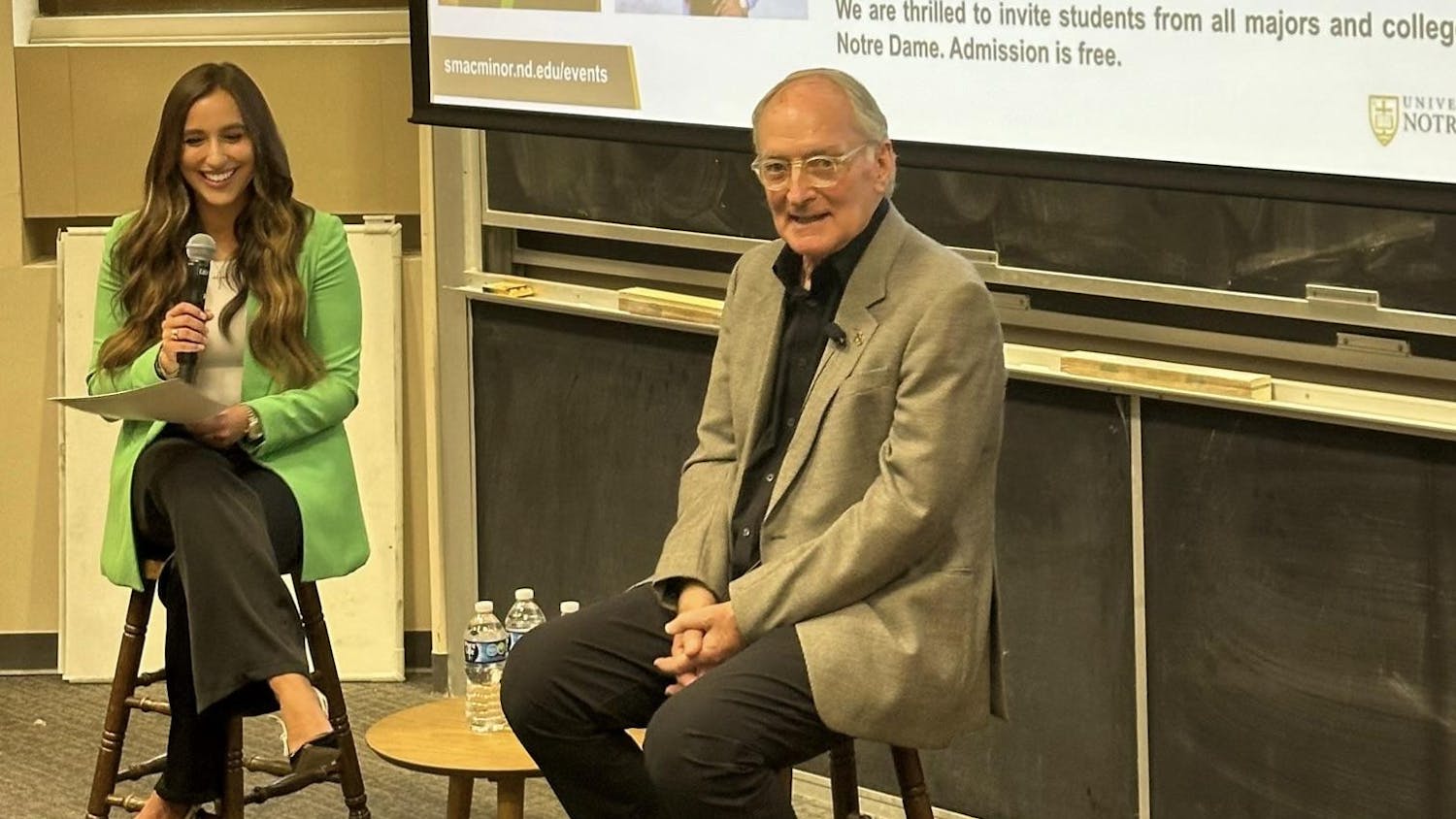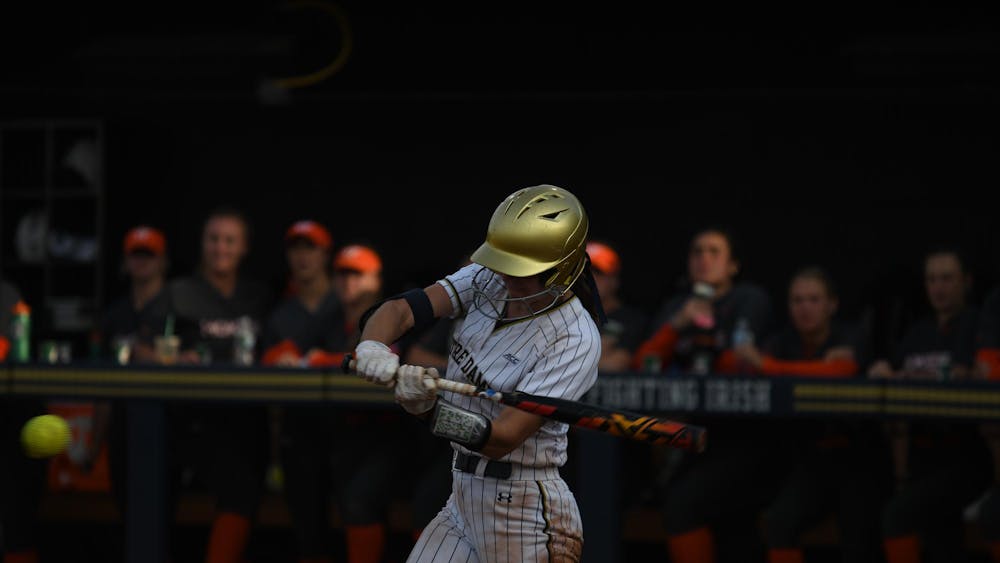I am not a scientist or doctor. I do not specialize in head trauma or concussions. But I can sense something wrong in the attempt, spearheaded by the NFL last season and adopted by the NCAA this season, to reduce the risk of injury on kickoffs.
Before the 2011 season, the NFL decided to move kickoffs up from the 30-yard line to the 35-yard line in order to reduce the number of kick returns and thus reduce the number of serious injuries resulting from returns. College football did the same before the 2012 season, also prohibiting the coverage team from gaining more than a five-yard head start.

A consulting firm's study of injury data provided by the NFL Players' Association reported that of 270 reported league-wide concussions in 2010 (before the rule change), 35 occurred during kickoffs. If we assume there are 120-140 offensive plays in an average football game and 10 kickoff returns (which is most likely an overestimate), kickoffs account for between 6.6 percent and 7.7 percent of plays in the season. At the same time, kickoffs accounted for almost 13 percent of concussions reported in the 2010 season. Obviously the numbers are not exact, but they are not unreasonable either.
All this to say kickoffs account for a number of concussions not proportionate to their rare occurrence in the game, which makes sense given the 50-yard head start (or more) that precedes full-speed collisions.
But still, I am not on board with football's new rules that aim to limit the number of kick returns. Even though it stands to reason that fewer kick returns translates into fewer concussions, and even though the NFLPA reported only 20 concussions sustained during kickoffs in 2011 after the change, I am not buying this move.
The NFL and NCAA imposed these rules to make football a (kind of) safer game. And the "(kind of)" part is why I do not agree with them.
Fans of AMC's Breaking Bad will recognize this iconic line Mike delivers to Walter in the season 3 finale: "The moral of the story is, I chose a half measure, when I should have gone all the way. I'll never make that mistake again. No more half measures, Walter."
The circumstances were different but the underlying message is the same. The football authorities of America have chosen to address the dangers posed by kickoffs with a half-measure. They have acknowledged that kickoffs represent a significant and extra-proportionate danger in a dangerous game, but have simultaneously failed to fully protect their players against those very dangers.

They have (sort of) made the game safer and (almost) removed one of the most exciting moments in sports from their product. They have made a compromise where a compromise has no business existing. Either kickoffs are too unsafe for football or they aren't, but the decision makers have avoided the tough decision.
The aim of player safety is admirable and should be a priority of the sports' governing bodies. It is good that concussions sustained on kickoffs in the NFL fell by nearly 43 percent following the rule change.
But why should football's attempts to increase safety stop there? Of course, quarterback and defenseless receiver protection has increased, but the danger is at least as present as it has ever been in a sport so inextricably linked with violence. If player safety is the real goal, surely the leagues can do more than shorten kickoffs by five yards.
At risk of sounding overly cynical, by electing to pursue a course of half-measure action, the NFL and NCAA have chosen to do just enough to protect their own needs. The changes (somewhat) contribute to player safety, and although they also (a little bit) annoy the spectators and fans, certainly not to an extent that would hurt the associations' revenue streams. But the authority figures are off the hook; they make an easy-to-see effort to increase safety without sacrificing any profits.
Again, I am no doctor, scientist or any other type of expert qualified to weigh in on matters as grave as the safety of human beings put at risk in the name of entertainment. I do not know how the NFL and the NCAA should handle kickoffs and the larger issue of player safety. I am simply not satisfied with the current arrangement that all but removes a spectacular aspect of football while still exposing the players to substantial risk. We get some of the worst of both decisions.
In 2011, while kickoff concussions reduced to almost half their previous year's total, the total number of concussions also fell. By four, to 266. A reduction of 1.48 percent.
No more half measures.
Contact Joseph Monardo at jmonardo@nd.edu
The views expressed in this Sports Authority are those of the author and not necessarily those of The Observer.












